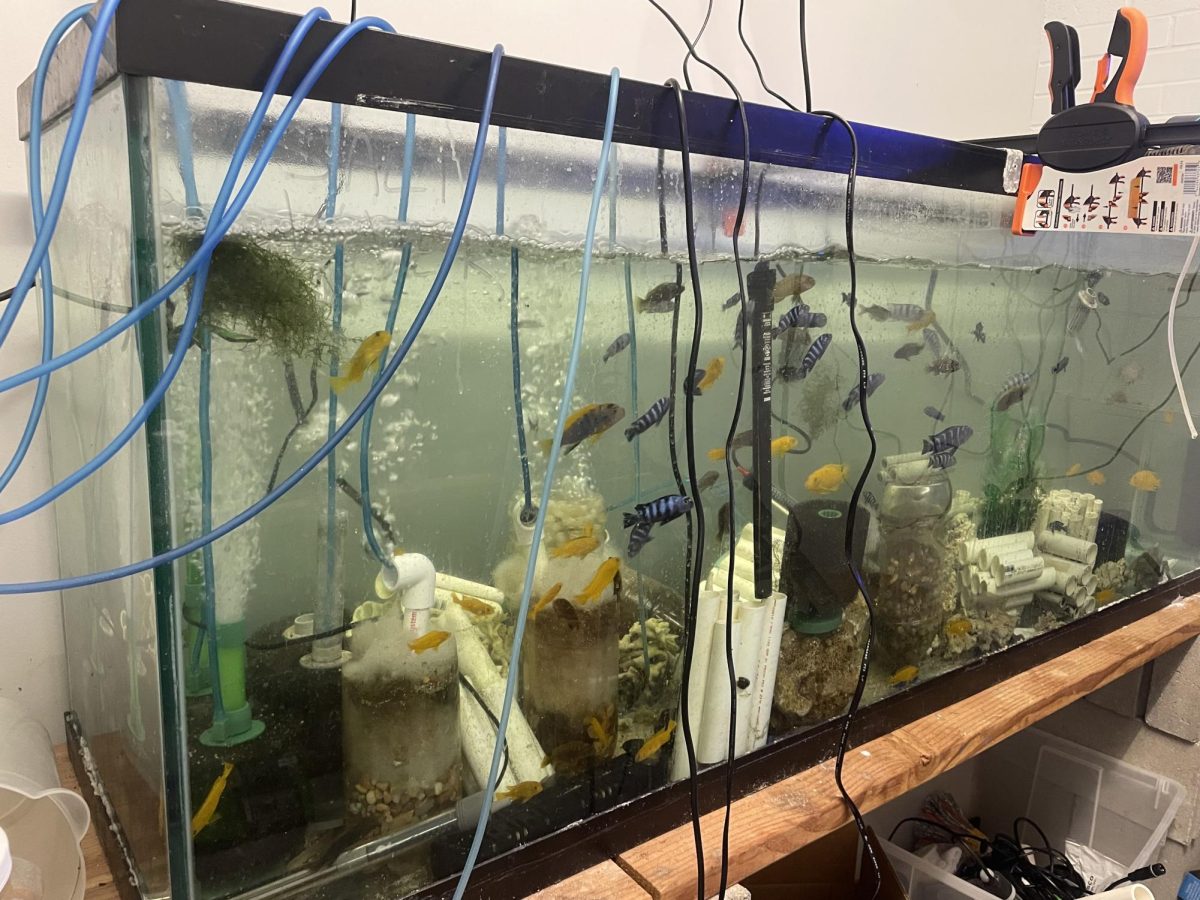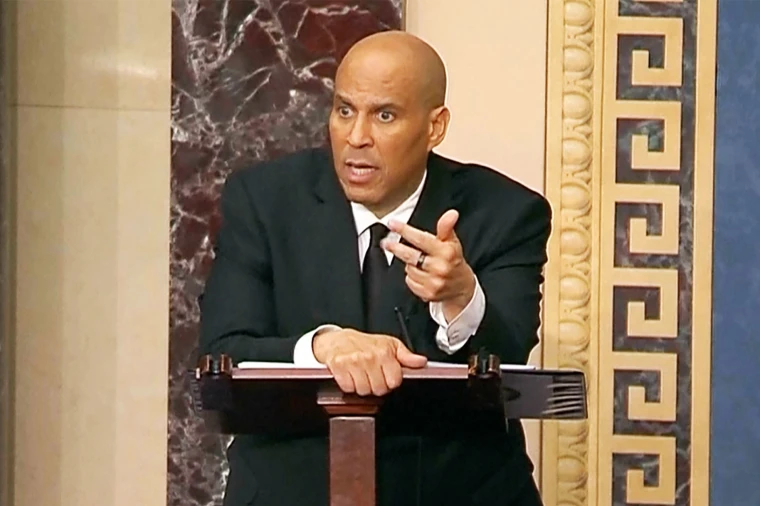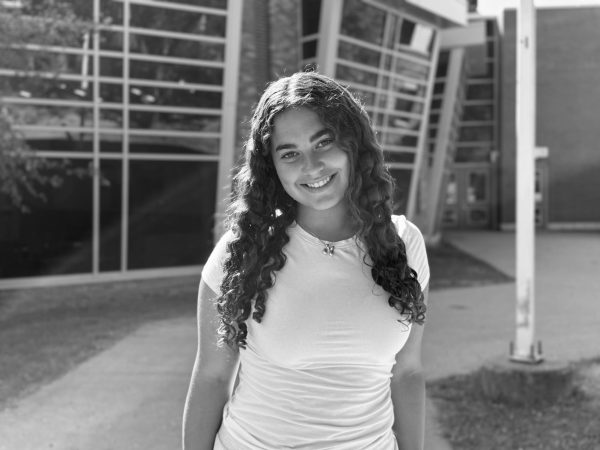Since Hamas attacked Israel on Oct. 7, 2023, and the escalation of the Israel-Palestine war, the rate of antisemitic incidents has dramatically increased on college campuses. This has been apparent at the University of Michigan (UofM), a school many at Berkley consider their “dream school”.
Many individuals on the University of Michigan campus have expressed support for Palestine during this conflict. Taking a pro-Palestine stance means supporting the Palestinian people’s rights and opposing actions or policies seen as oppressive or harmful to them. This stance often involves advocating for Palestine, calling attention to issues like military aggression, civilian casualties, and the displacement of Palestinians. These supporters are taking this stance out of motivation from politics, religion, or ideological beliefs. Pro-Palestine beliefs tend to express political statements that are critical of Israel. These beliefs are not antisemitic until Jewish people are mentioned in a threatening and hurtful way or if the public voicing their opinions creates an unsettling environment for Jewish people. The recent current events have been used as an opportunity to target the Jewish community in those ways.
The Anti-Defamation League (ADL), the leading anti-hate organization in the world, reported a 337-percent increase of general antisemitic acts year-over-year. For example, over a two month period in 2022, 465 incidents were reported, compared to 2023 when that number increased to nearly five times that amount. Just one year later, and within the same two months following 10/7/23, there were 2,031 antisemitic incidents, nearly 34 per day. Whereas when zooming in on college campuses, The ADL reported that on college campuses after 10/07/23, there were 400 antisemitic incidents, compared to only 33 incidents during the same period in 2022.
As shown, antisemitism has been a prominent issue on college campuses. There have been many incidents where Jewish students have been harmed, threatened, felt unsafe, and received violent or cruel messages. These horrifying events have happened more frequently since 10/7/23, and colleges have been struggling to keep the number of antisemitic acts under control. Additionally, there are a few campuses that struggle to keep their “ADL’s Campus Antisemitism Report Card” above a failing grade. The ADL created a source for college students, college applicants, and parents to see the risk of facing an antisemitic act on campuses. Every college has a report card that shares information and explains the “grade” the university received. Some of the “failing” and near failing colleges include: Harvard University, Northwestern University, Columbia University, Ohio State University, Yale University, and the University of Michigan. Unfortunately, the list is much longer than this, but these are some of the colleges that may upset Berkley Students because these are considered some of our student body’s “dream schools”.
In early 2024, there were several minor incidents that were not directly antisemitic but made Jewish students feel unsafe. According to the New York Post, a graduation ceremony was interrupted by anti-Israel protests. Although this is considered freedom of speech, it still made Jewish individuals feel unsafe at school.
As the year progressed, severe antisemitic incidents occurred. More recently, in Sept. 2024, within one week, there were three nationally reported attacks against Jewish students at UofM. The University of Michigan News and Communications released that one of the three attacks came about after the student answered “yes” to the question of “Are you Jewish?” Additionally, information was released that two of these physical attacks occurred outside of Jewish residential homes, one being a predominantly Jewish fraternity house. Later, after the attack, glass bottles were thrown at the house. The UofM News and Communications followed with, “As the Ann Arbor police investigate this matter, let us recommit to ensuring our campus remains safe and inclusive for all. We urge anyone with knowledge about the incident to share it with DPSS or the Ann Arbor police department. In turn, we will also ask that the perpetrators are fully held accountable for their actions.” As the police work on “ensuring [the] campus remains safe and inclusive for all”, UofM Jewish students are still left in fear and disbelief.
Only a few weeks after these attacks of several Jewish students, a UofM rabbi’s house in Southfield was broken into by a man holding him and the Jewish UofM students at gunpoint. This occurred on the holiest Jewish holiday, Rosh Hashanah. No shots were fired, but this is still a horrific situation that traumatized and made many UofM Jewish students question their safety on the Jewish holiday.
In order to understand how UofM students truly feel about the antisemitism in their community, current UofM students and Berkley alumni, Jane Heller and Amelia Karp shared their perspectives and experiences on how campus has changed since October 7, 2023.
Responding to the increase of antisemitism on college campuses, Heller states, “I have definitely seen an increase in antisemitism since the attack on Oct. 7.” Unfortunately, this happens to be the reality on the UofM campus, but this isn’t just occurring at UofM, this is worldwide, as the statistics showed above. Heller elaborates, “Antisemtism isn’t new, it’s always happening, but this is just a different level of it.” Agreeing, Karp explains, “Antisemitism is always present, you never know when it’s going to occur during your day.” This is extremely upsetting to Heller, Karp, and the rest of the Jewish student body at UofM.
However, these students are able to find many ways to combat antisemitism. Heller shares, “I am a part of this club called ‘Fog’ where we try to clear the misinterpretations about the Israel-Palestine war, and educate individuals.” Being a part of this makes her feel like she’s “doing something” and educating those who might not be aware of what is happening. Although Heller’s club is working on making a difference, Karp still feels, “It’s hurtful to see so many people not doing research and following a crowd that uses antisemitism to elevate their narrative.”
With pride, Heller and Karp choose to involve themselves in the Jewish community in order to feel safe. Along with becoming involved in a club, Heller claims, “I don’t feel unsafe because a lot of the people on campus are Jewish and those are the people I choose to surround myself with.” Karp adds, “There are so many Jewish gatherings, all my friends are involved in some way.” Continuing, Karp emphasizes, “I’m sure all Jews have the ‘what-if’ thoughts”, but she states, “Some feel uncomfortable walking around campus with their Star of David necklace, while others choose to show their Jewish identity more to combat the antisemitism, and that’s my take on it.” Karp feels comfortable showcasing her Jewish identity because otherwise, she feels “the antisemites win”. Through Karp and Heller it is clear that many feel unsafe throughout these times, but the Jewish students prioritize creating a strong community which helps ensure safety.
Although there are outlets to make Jewish students feel safe, there are many reasons a Jewish individual may be scared or nervous. Heller shares her recent experience with these emotions when trying to celebrate shabbat. Heller explains, “After the Southfield incident at the rabbi’s house, my friends and I were questioning if we should attend Hillel for shabbat.” UofM Hillel is a place where Jewish students feel at home while becoming involved in and connecting with the Jewish community. This is something Heller and her friends tend to be a part of, but because of an antisemitic incident, they were nervous to attend. Although they ended up going and everything was safe, they still faced that feeling of being unsafe.
Unfortunately, both students knew this was a feeling they may face when they committed to UofM. When asked about her prior knowledge about antisemitism on campus, Heller stated, “Wherever there are Jews, there will be antisemitism because the reality is that many individuals don’t like Jews.” With this statement in consideration, Heller continues, “I didn’t let this impact my decision to come to Michigan”. Heller is proud of her decision because “UofM President Ono voiced that he doesn’t condone antisemitic behavior and neither does the campus.” This support from authority makes Heller sure that she made the right decision.
Many current Berkley students call UofM their dream school; Karp always felt this way as well. She shares, “If I had let antisemitism stop me from going to my dream school, antisemitism would be working and soon the university would have no Jews.”








